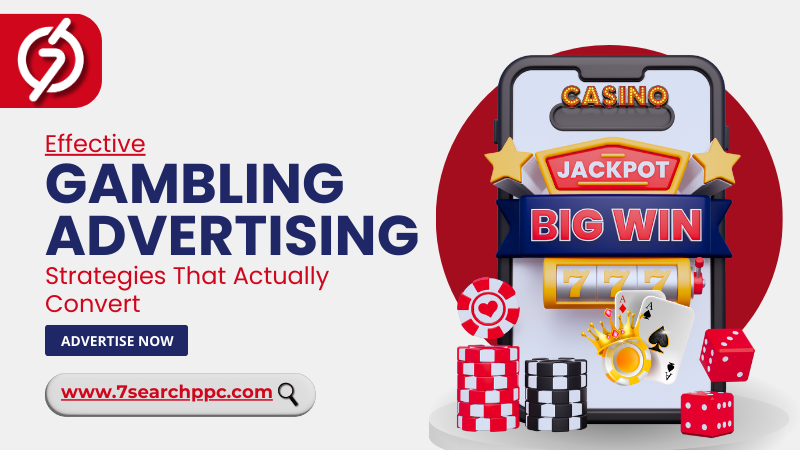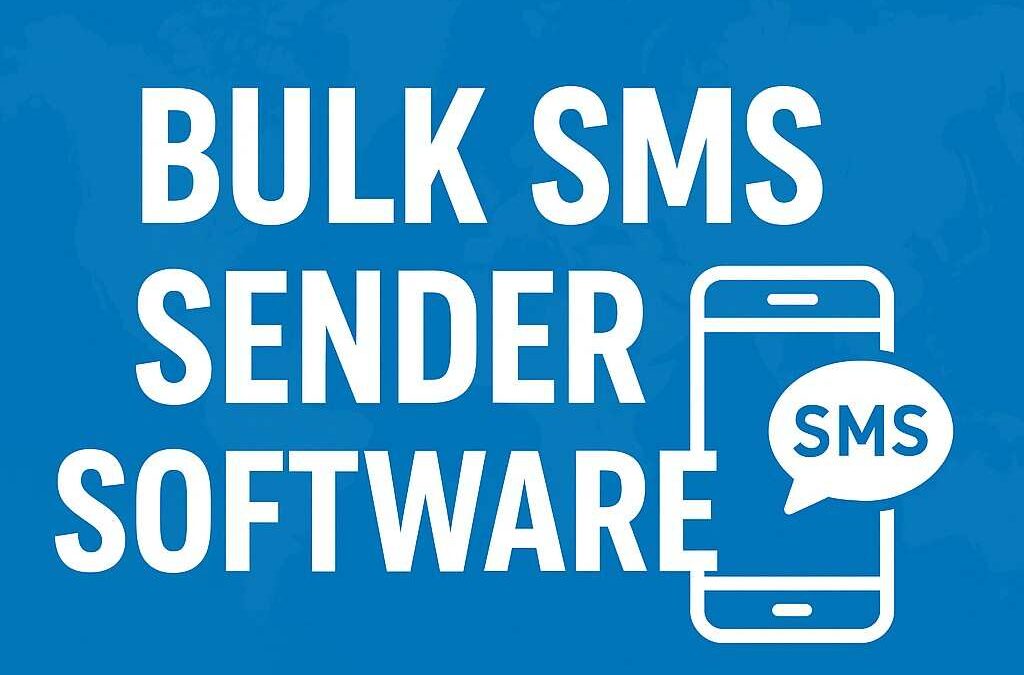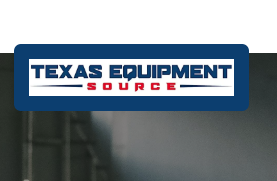When people think of gambling ads, they often picture flashy banners, bonus offers, and catchy slogans designed to bring players into the game. But behind every successful ad is a strict framework of rules and compliance standards that decide whether that ad even makes it online in the first place. For advertisers, compliance is not just a formality. It is a critical element that shapes trust, user safety, and the long-term success of any campaign in the gambling industry.
The gambling sector is one of the most tightly regulated industries in the world. Every market has unique laws to ensure fairness, responsible messaging, and consumer protection. Without compliance, even the most creative online gambling advertisements risk rejection, penalties, or complete brand shutdown.
This article takes a deep dive into why compliance matters so much in gambling advertising strategies, how it influences campaign performance, and what advertisers should focus on to run successful, sustainable campaigns in 2025 and beyond.
Why Many Gambling Ads Fail
Despite big budgets and smart marketing teams, many gambling promotion campaigns underperform. Often, it is not because the ads are poorly designed but because they fail to align with compliance guidelines. Regulators across the globe are quick to ban ads that look misleading, target vulnerable groups, or make unverified claims.
- Ads that promote gambling as a “guaranteed way to make money” are instantly flagged.
- Campaigns that target underage users with flashy visuals can lead to license suspensions.
- Unclear disclaimers about risks result in trust loss among users.
This is why compliance is not a hurdle but rather a tool for building campaigns that connect with the right audience in the right way.
If you are unsure where to start, it helps to review resources on how to create an effective gambling ad campaign. This way you are not only focusing on creative angles but also ensuring they align with regulatory best practices.
Compliance in Gambling Promotion: More Than Just Rules
When we talk about gambling promotion, compliance covers more than just following a checklist. It is about ensuring advertising practices protect vulnerable players, communicate transparently, and reflect the legal boundaries of each market.
Key Aspects of Compliance
- Age Restrictions – Ads must never target or appeal to minors.
- Responsible Messaging – Campaigns need to include disclaimers about gambling risks.
- Clear Bonus Information – If an offer says “free spins,” the terms and conditions must be clear and visible.
- Data Protection – GDPR and other privacy regulations demand secure data handling in user targeting.
By adopting these standards, advertisers not only stay safe from penalties but also build campaigns that are sustainable and more respected in the eyes of both players and regulators.
The Market Perspective: How Compliance Impacts ROI
There is a common misconception that compliance slows down advertising or restricts creativity. In reality, compliant gambling advertising drives better results over time.
- Higher Trust = Higher Conversions – Players are more likely to engage with ads that feel safe, transparent, and authentic.
- Reduced Risk of Shutdowns – Non-compliant campaigns can lead to blocked ads, suspended accounts, or even blacklisting on major platforms like Google and Facebook.
- Stronger Long-Term ROI – Instead of burning money on campaigns that get taken down, compliance ensures your investment delivers sustainable returns.
This is why advertisers are increasingly viewing compliance as a growth driver rather than a barrier.
How Gambling Advertising Differs Across Regions
Not every country looks at gambling the same way. This makes compliance especially tricky for international campaigns.
- Europe – Markets like the UK and Spain have strict advertising standards. Ads must include responsible gambling messages, and operators need proper licenses.
- United States – Each state regulates gambling differently. What works in New Jersey may be illegal in Utah.
- Asia-Pacific – Some regions allow gambling in limited formats, while others ban it outright.
Understanding these differences is essential for anyone running online gambling advertisements on a global scale. A single mistake in messaging can mean heavy fines or even a permanent ban from that market.
Balancing Compliance and Creativity
The good news is compliance does not mean giving up on creativity. Smart advertisers are finding ways to balance both by:
- Using engaging visuals that attract attention without being misleading
- Building trust-driven copy that highlights fun and entertainment rather than guaranteed profits
- Including clear calls-to-action while openly displaying disclaimers
- Testing campaigns on smaller budgets before scaling up
If you want to see how compliance-friendly strategies can be executed effectively, you can launch a test campaign and analyze real-time performance while staying within safe limits.
Why Advertisers Who Ignore Compliance Struggle
From years of observing the market, one pattern is clear. Advertisers who treat compliance as an afterthought tend to struggle with retention and brand reputation. They might gain short-term clicks but lose credibility once players feel misled.
In contrast, those who integrate compliance into their strategy from the start enjoy smoother approval processes, better ad placements, and stronger engagement from the right audience. It is not about chasing every click but about building a reputation that attracts loyal players.
Online Gambling Advertisements in 2025: What to Expect
The landscape of online gambling advertisements is evolving fast. Here are some compliance-driven trends to watch:
- Stricter AI Monitoring – Platforms are now using AI to detect misleading claims or non-compliant ad formats instantly.
- More Emphasis on Transparency – Clear terms, visible disclaimers, and honest messaging will no longer be optional but mandatory.
- Increased Collaboration with Regulators – Brands that proactively work with regulators will find it easier to scale across markets.
- Shift Toward Safer Platforms – Networks specializing in regulated gambling ads will grow in demand because they already understand compliance challenges. One example is platforms like gambling ads networks that provide ad solutions built for iGaming promotion needs.
Compliance as a Trust-Building Tool
At the end of the day, compliance is not about red tape. It is about building trust. Players who feel safe and respected are far more likely to stick with your brand. Regulators who see you taking responsibility will open more doors for you to advertise freely.
This is why the future of gambling promotion is not only about creativity and targeting but also about respecting the framework that allows this industry to grow responsibly.
Conclusion: Turning Compliance into an Advantage
Compliance in gambling ads is often seen as a challenge, but the reality is different. It is an opportunity to create stronger connections with players, protect your brand, and ensure long-term growth in a market that is constantly under scrutiny.
By adopting compliance-first strategies, advertisers can:
- Avoid costly penalties
- Build more sustainable campaigns
- Strengthen player trust
- Secure long-term ROI
If your strategy feels stuck between creativity and rules, start by focusing on compliance as your foundation. Once you build a structure that regulators trust, your creativity will have more room to shine.







0 Comments